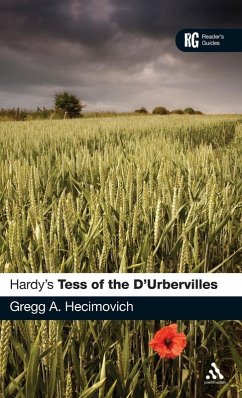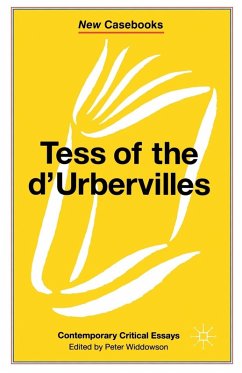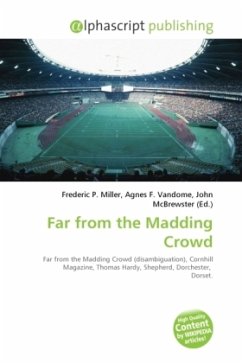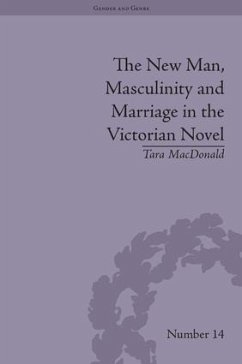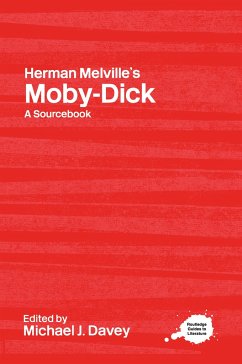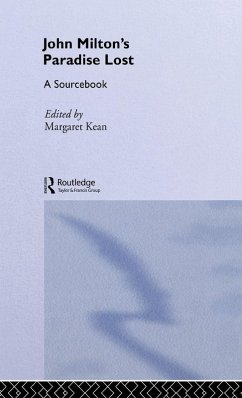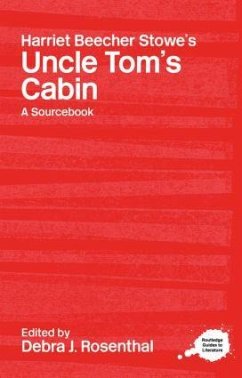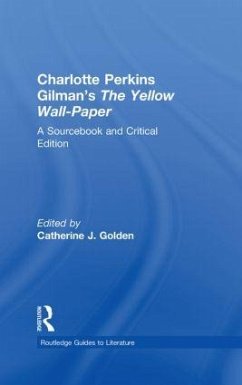
Thomas Hardy's Tess of the d'Urbervilles
A Routledge Study Guide and Sourcebook
Herausgeber: Mceathron, Scott

PAYBACK Punkte
57 °P sammeln!
This wide-ranging introduction to Hardy's novel provides chronology, contextual overview with reprinted contextual documents, critical overview from publication to the present, annotated key passages and suggestions for further reading.





